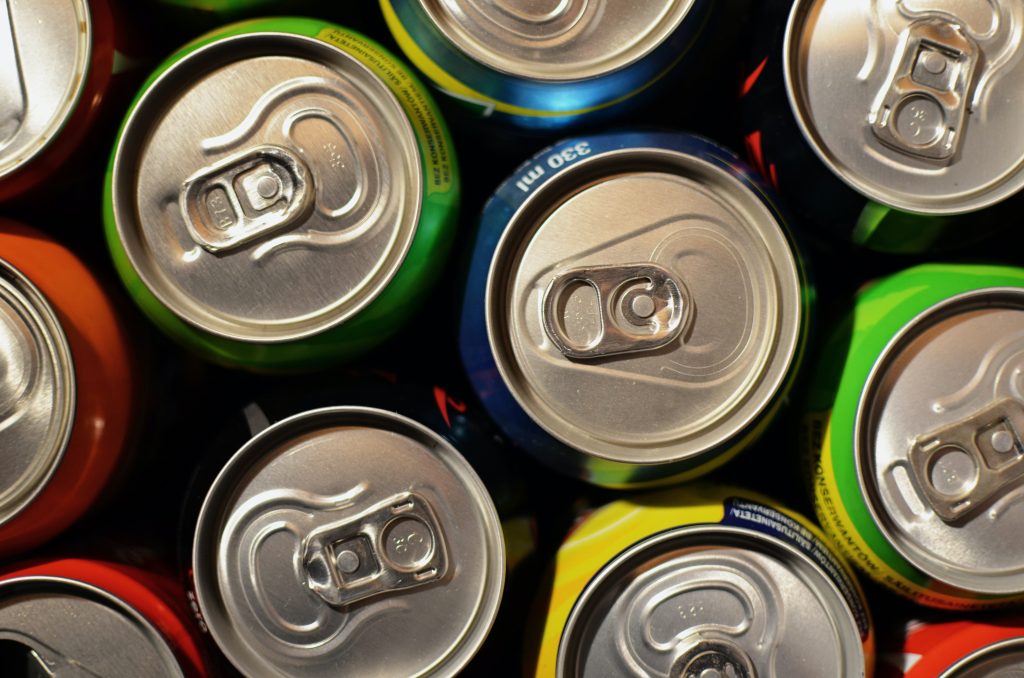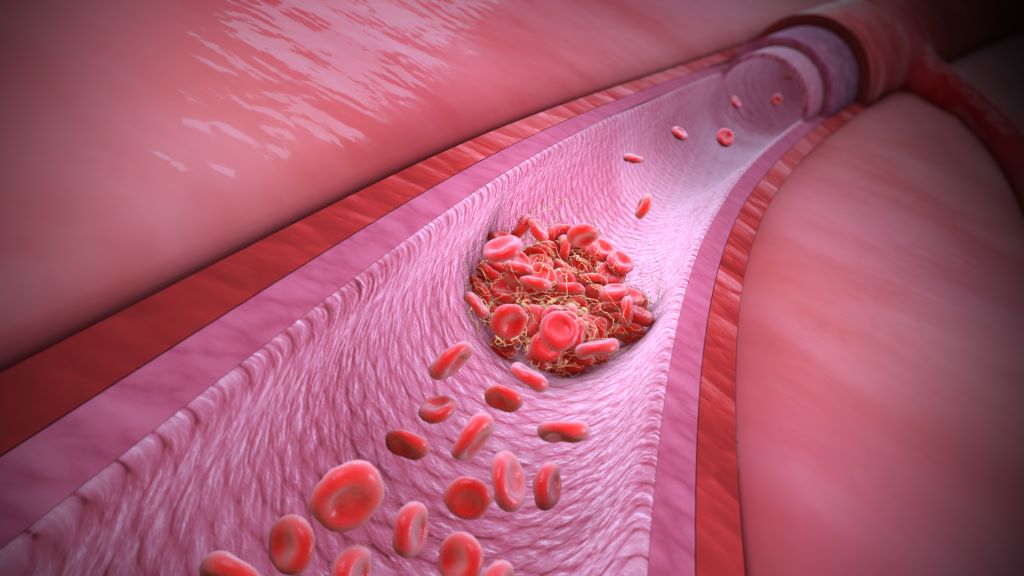Artificial Sweetener May Be a Greater Diabetes Risk than Sugar

An Australian study has found that drinking just one can of artificially sweetened soft drink a day may increase the risk of developing type 2 diabetes by 38 per cent.
Surprisingly, that risk for artificially sweetened soft drink is even higher than for those who consume sugar-sweetened beverages, such as regular soft drinks, where the risk was found to be 23 per cent higher.
The research, conducted by a team from Monash University together with RMIT University and the Cancer Council Victoria, followed more than 36 000 Australian adults over nearly 14 years.
The study – led by Distinguished Professor Barbora de Courten from Monash University and RMIT University, Associate Professor Allison Hodge, from the Cancer Council Victoria, and Monash PhD student Robel Hussen Kabthymer, and published in Diabetes & Metabolism – adds to growing global concern about the health effects of both sugary and artificially sweetened drinks.
“Drinking one or more of these beverages each day – whether sweetened with sugar or artificial substitutes – was linked to a significantly higher chance of developing type 2 diabetes,” said Mr Hussen Kabthymer.
Professor de Courten, senior author on the study, said the findings challenge the common assumption that artificially sweetened beverages are a safer choice.
“Artificial sweeteners are often recommended to people at risk of diabetes as a healthier alternative, but our results suggest they may pose their own health risks,” she said.
While the link between sugary drinks and diabetes could largely be explained by obesity, the connection between artificially sweetened drinks and type 2 diabetes remained strong even after adjusting for body weight, suggesting a potentially direct effect on metabolism.
Professor de Courten said the findings have important implications for public health policy.
“We support measures like sugary drink taxes, but our study shows we also need to pay attention to artificially sweetened options. These are often marketed as better for you; yet may carry their own risks. Future policies should take a broader approach to reducing intake of all non-nutritive beverages.”
The study analysed data from the long-running Melbourne Collaborative Cohort Study, also known as Health 2020, involving participants aged 40–69 years, and adjusted for diet, exercise, education, and health history.
Source: Monash University







